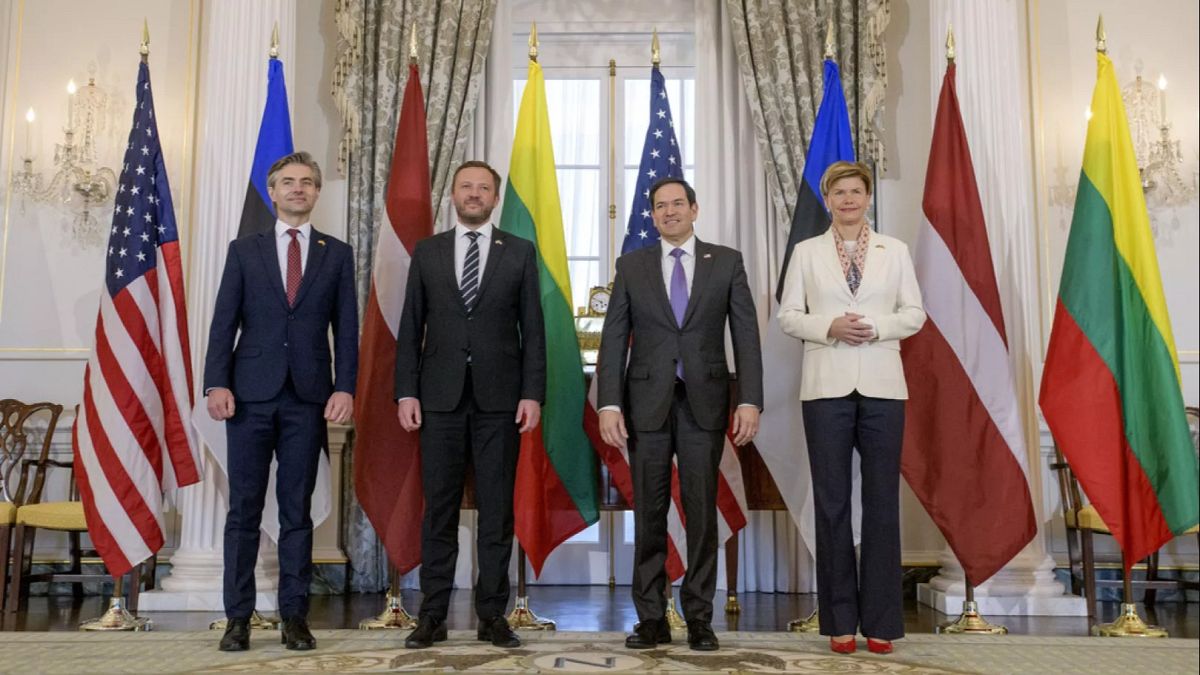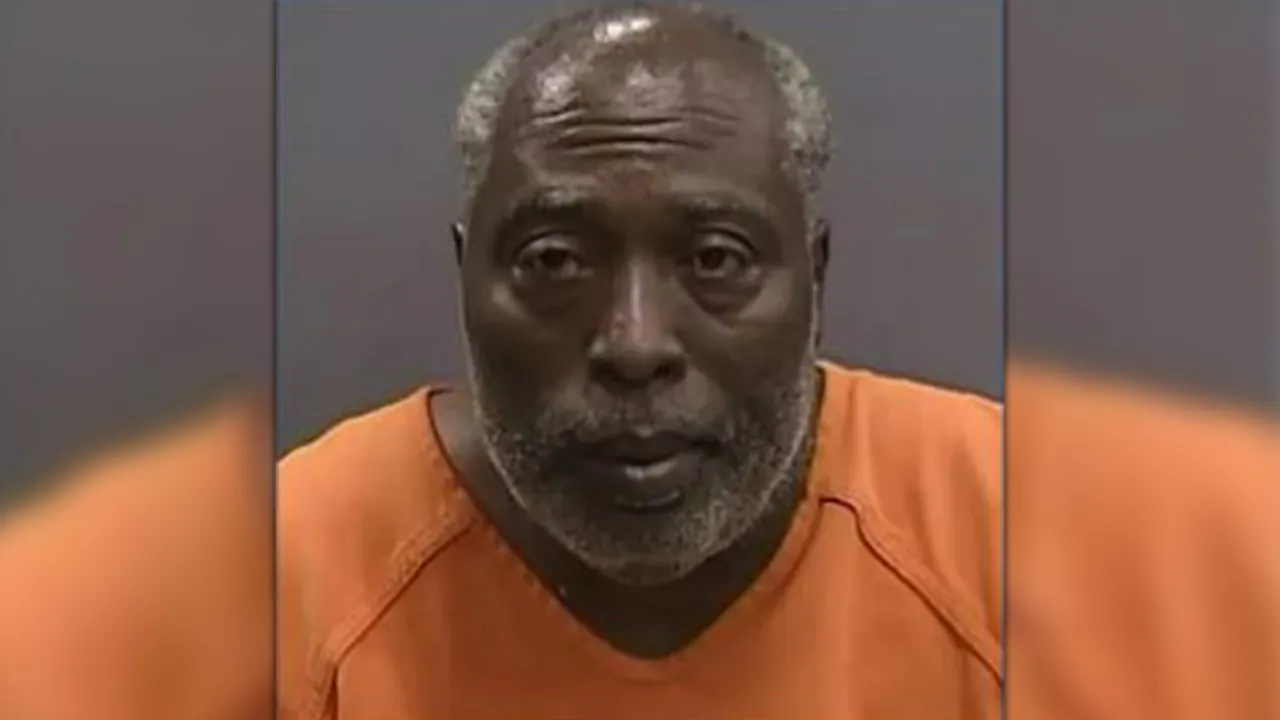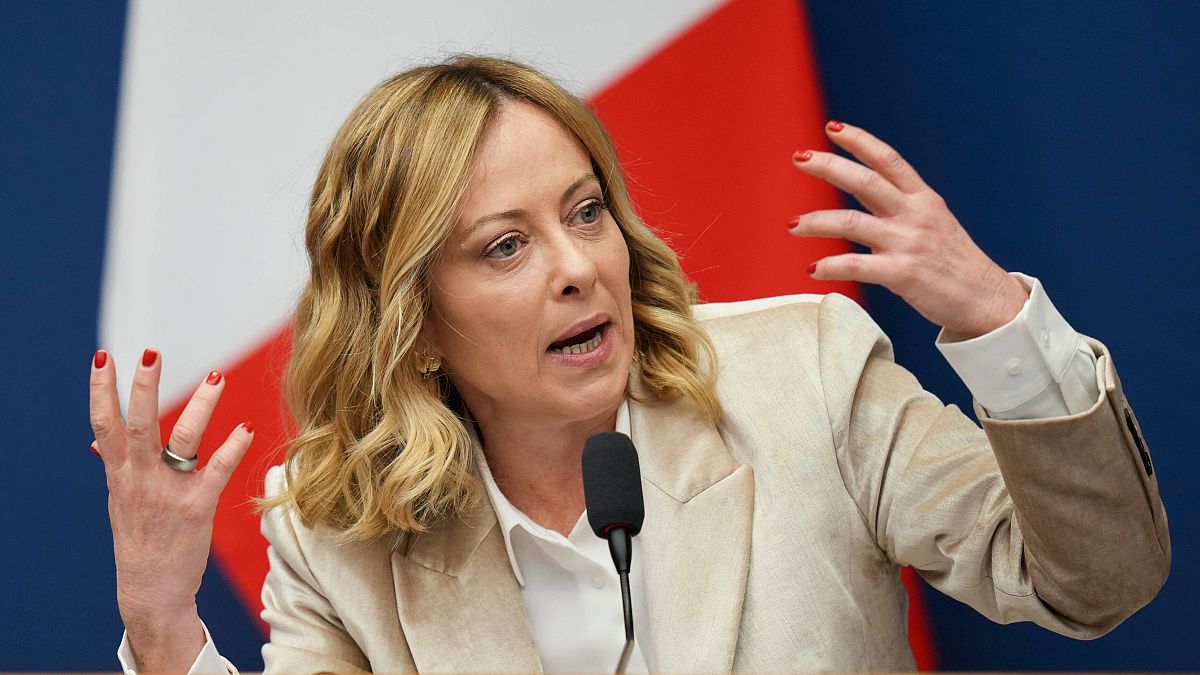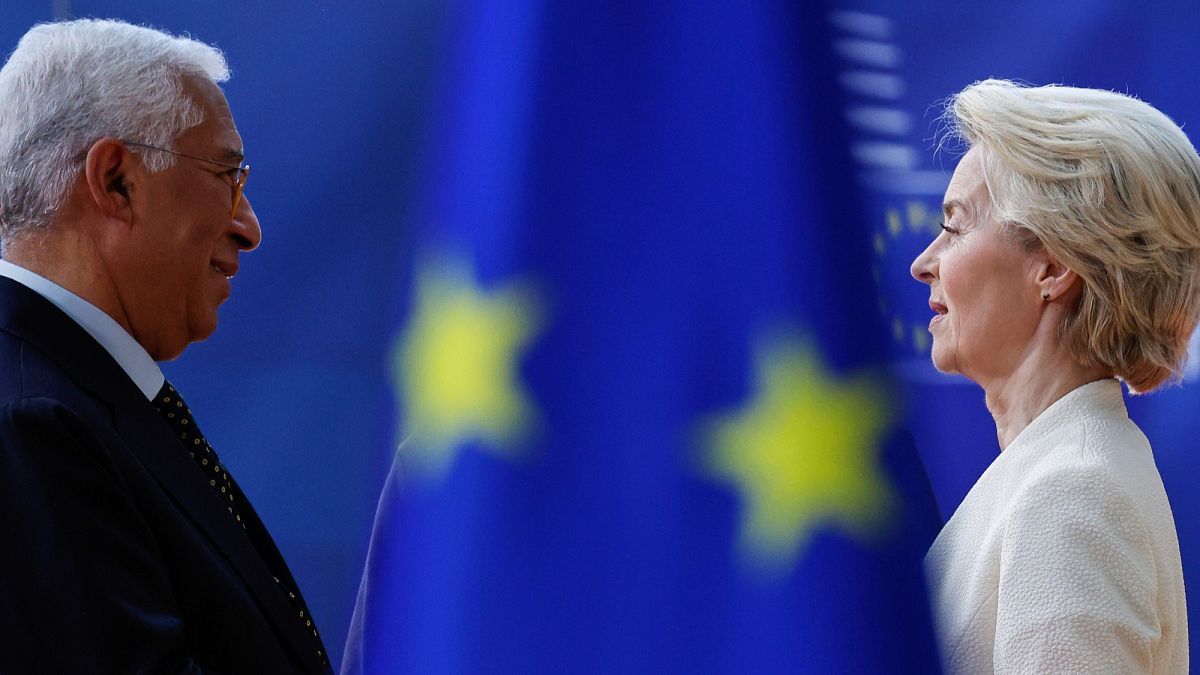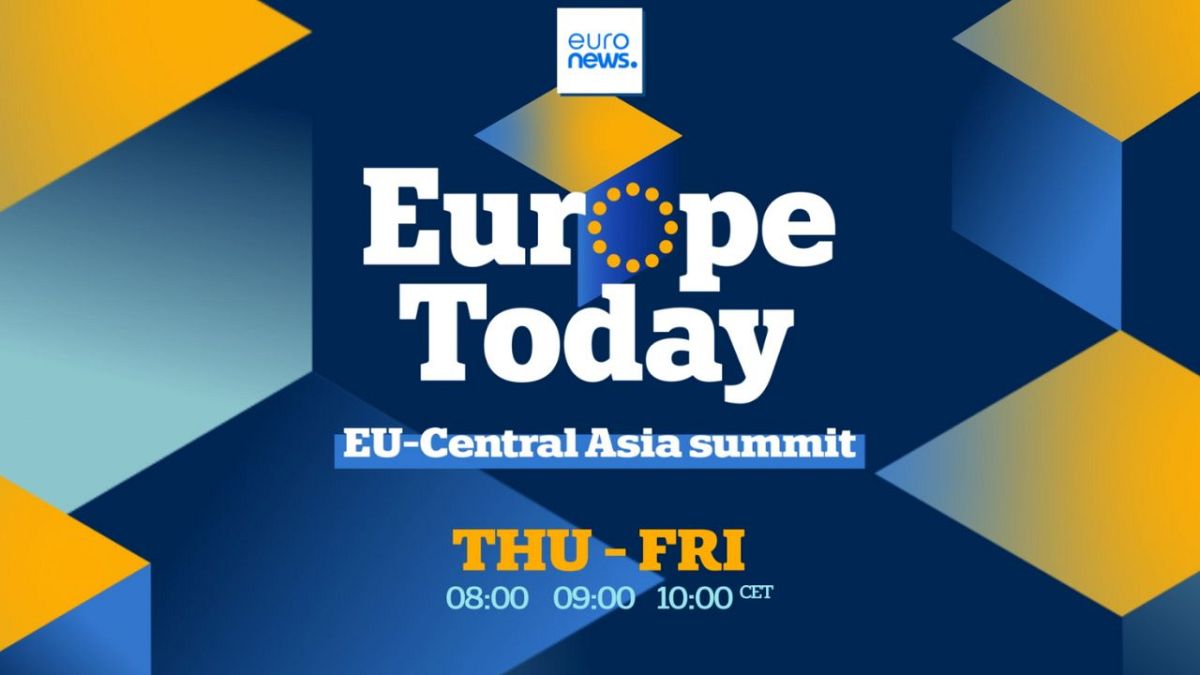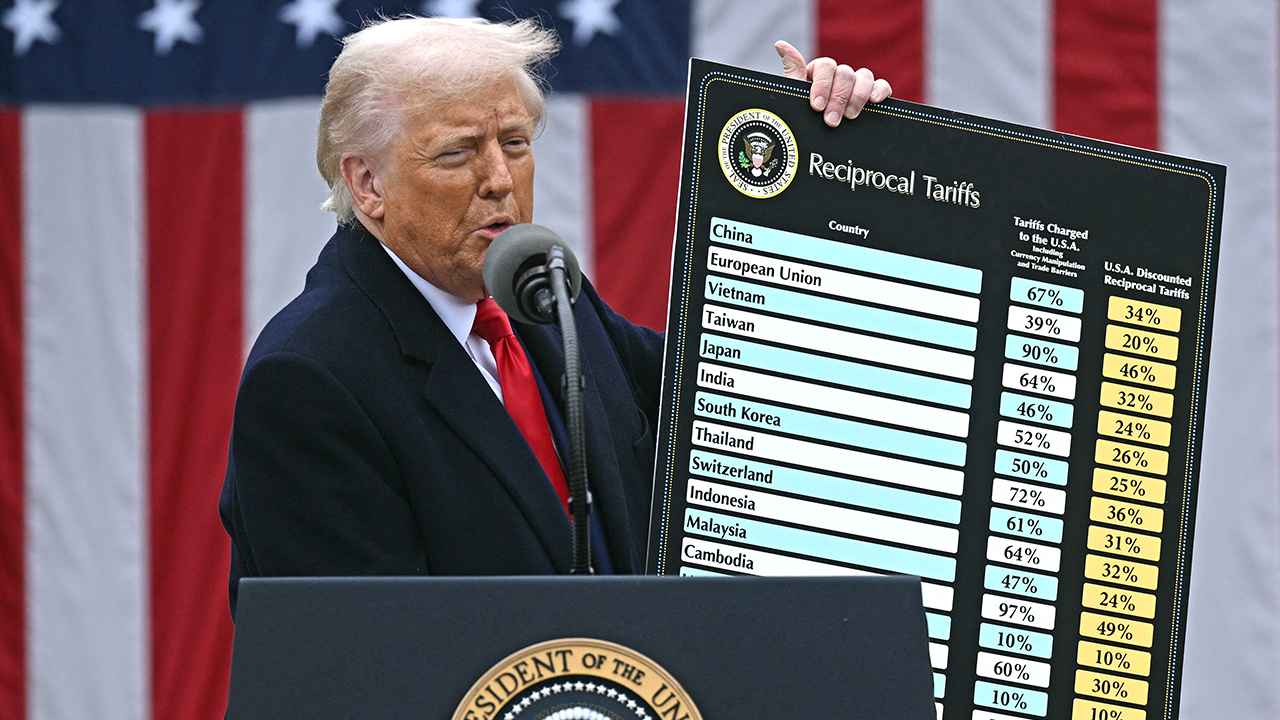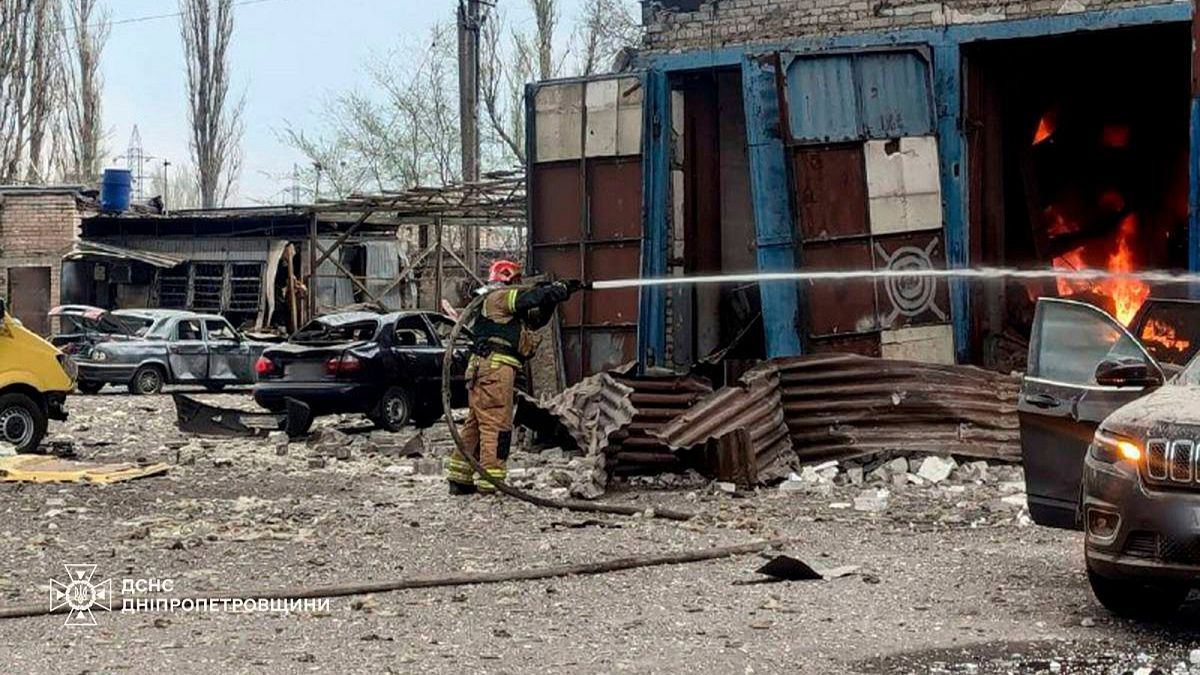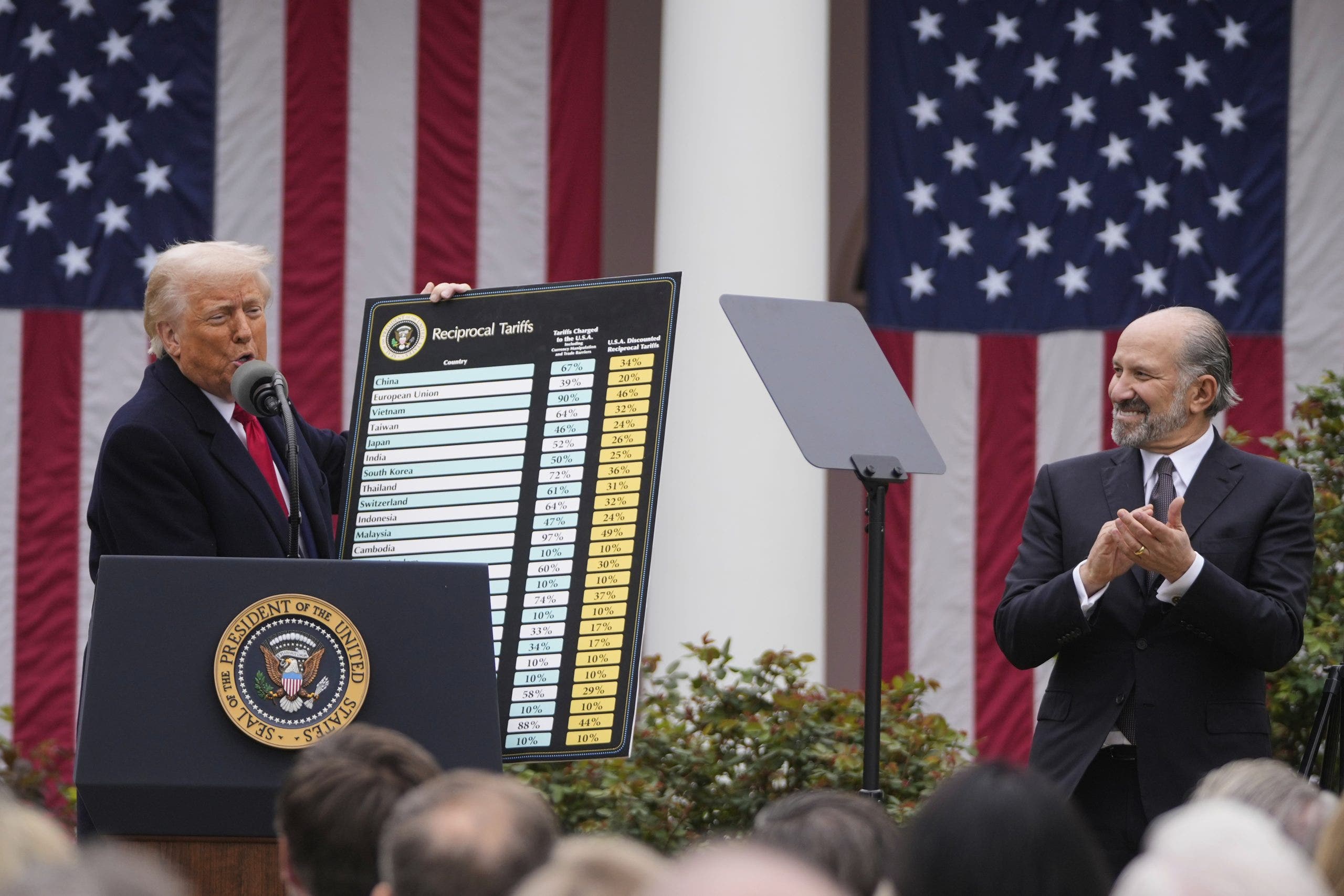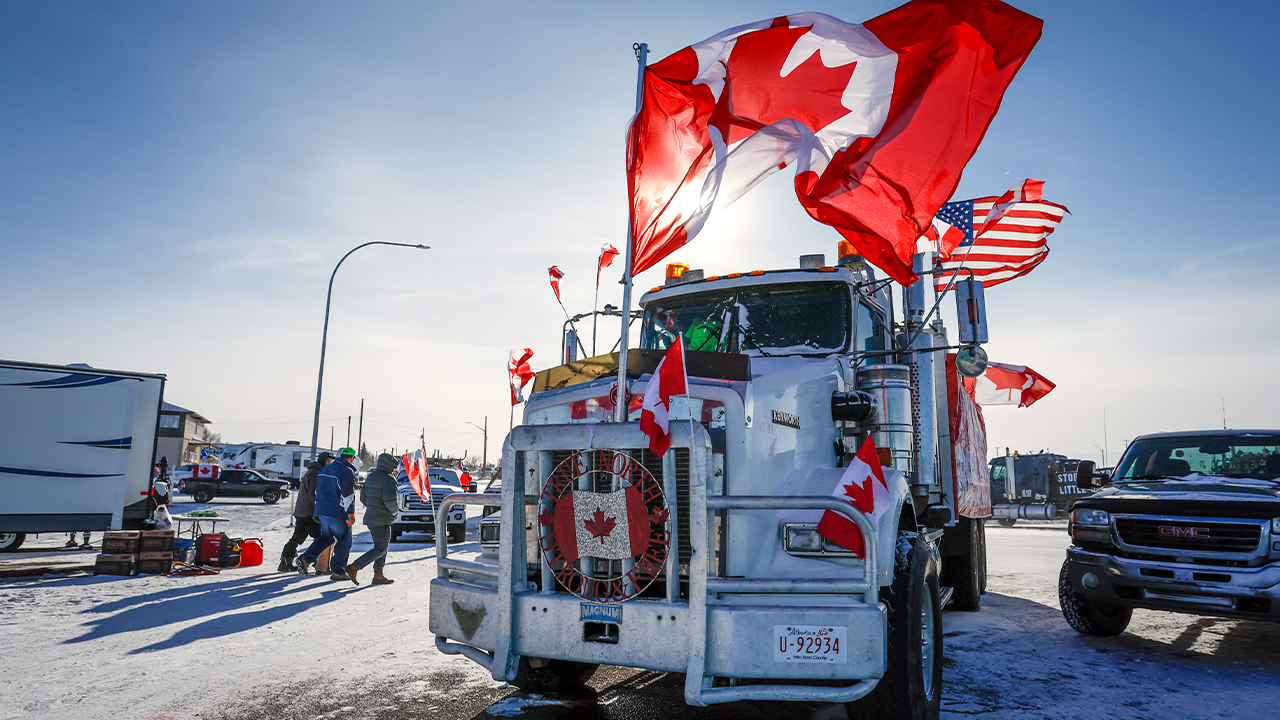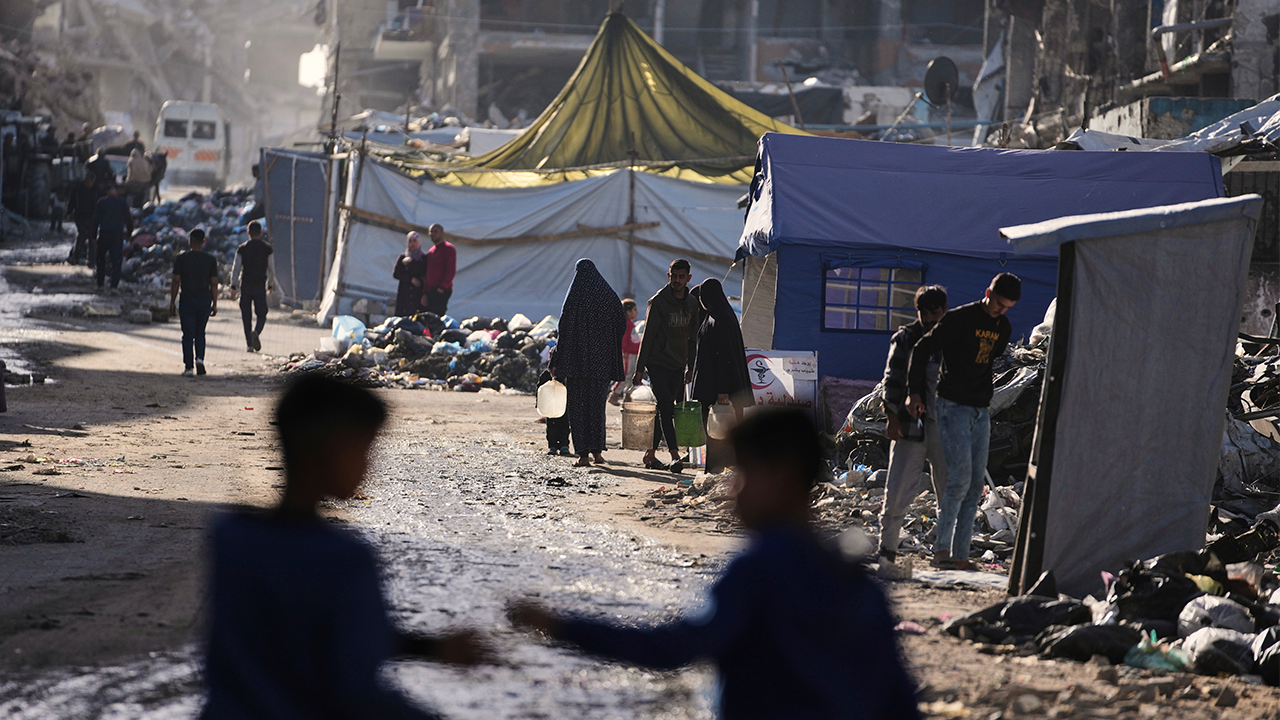At her annual press conference, Italian Prime Minister Giorgia Meloni covered topics from the release of Cecilia Sala and Middle Eastern conflicts to relations with Donald Trump and the EU.
Italian Prime Minister Georgia Meloni answered journalists’ questions at the Chamber of Deputies on Thursday during her annual press conference.
Speaking just hours after the release of journalist Cecilia Sala, who had been held for 21 days in a prison in Tehran, Meloni explained the breakthrough was the result of “complex diplomatic triangulation work” with Iran and the US.
“It was a good day for the whole of Italy and for me,” Meloni said. “Calling her mother to say that her daughter was coming home was the biggest emotion in the last two years.”
Asked about reports that Elon Musk played a role, Meloni said she had no information about the American billionaire’s alleged involvement.
Attention then shifted to the case of Iranian engineer Mohammad Abedini Najafabadi, who was arrested at Malpensa airport on a US warrant. According to some, Sala’s release was part of a deal that will see him released as well.
“The Abedini case is under technical and political scrutiny by the Ministry of Justice,” Meloni said. “We have to discuss it with our American friends. I would have liked to talk about it with [President] Biden but he cannot be in Rome. It is a complex issue to be discussed in the competent fora.”
‘I have not spoken with Musk about Starlink’
In recent days, Meloni travelled to meet Donald Trump at his residence at Mar-a-Lago in Florida. She denied reports that while there, she discussed the Starlink communication system with billionaire Elon Musk, who has moved to the centre of the Trump orbit since the former president’s re-election.
“I have never personally spoken with Elon Musk about Starlink,” Meloni insisted. “SpaceX has explained its technology to the government. These are normal interactions with companies. We are in the investigation phase and I do not understand the accusations that have been made.”
“I am not decided on the matter either,” she explained. “It is a matter of securing some very sensitive and delicate communications. There is no public alternative. The alternative is not to have protection of this data. The issue to be discussed is the preferred scenario in two sub-optimal scenarios.”
“Is the problem with SpaceX that it is private or is it Elon Musk’s political ideas? I evaluate foreign investments only through the lens of national interest, not friendships,” Meloni then replied, referring to her friendly relationship with the American billionaire.
Asked again about Musk’s possible interference in international politics, Meloni defended Musk and criticised George Soros, whom Biden recently rewarded with the Presidential Medal of Freedom, the US’s highest civilian honour.
‘Musk is a very well-known and wealthy person who expresses his positions, but he is not the first,” she said. “The problem is when wealthy people use those resources to finance parties, associations and politicians halfway around the world to influence the choices of nation states.”
“This is not done by Musk: I am not aware of him financing political parties. George Soros does that, and that is interference in nation states.”
No US takeover of Panama and Greenland
Meloni also said she does not expect Trump to act on his threats to annex Panama and Greenland for the US.
“I rule out that the US in the next few years will try to forcibly admit territories that are of interest to it. I think the statements are a message to some other big global players, rather than hostile claims against those countries.”
“The Panama Canal is crucial for the world market and for the US. Greenland is a strategic territory rich in raw materials. These are territories on which we have seen increasing Chinese prominence.”
“These statements are part of the long-distance debate between major powers,” Meloni said, “a forceful way of saying that the US will not stand idly by in the face of moves by other major global players in areas of strategic interest to the US and the West.”
Meloni confirmed that she is considering whether to attend Trump’s inauguration on 20 January.
The future of Ukraine
The press then asked about the possibility of a US disengagement from Ukraine and NATO membership, and the possibility of a peace deal with Russia.
“I do not foresee a US disengagement,” Meloni responded. “Trump spoke of ‘peace by force’. If there is talk of peace today, it is because Russia got a bit bogged down in Ukraine, thanks to the courage of the Ukrainian people and Western support. This Trump knows well.”
“I am willing to support the options that Ukraine is willing to support. I am convinced that security guarantees for Ukraine are crucial to succeed in having peace in Ukraine.”
“Russia in the past has violated agreements it had signed. Without security guarantees we cannot be sure that it will not happen again. I do not determine what the conditions for a just peace should be. If Ukraine agrees I think it will be a just peace.”
Italy, Greece and Albania
The prime minister then focused on relations between Italy and Greece, which are facing many of the same challenges.
“Relations are very good,” Meloni said. “(Kyriakos) Mitsotakis and I talk about many subjects with a common approach: defence, security, immigration, securing our territory in the face of extreme weather events.”
‘There is an intergovernmental summit on the calendar in Rome. We want to put the extent of collaboration to paper, especially on security and civil cooperation.”
The press also asked her for clarification on the management of the migrant centres in Albania, as well as her thoughts on the controversy over the offshore processing scheme— including the opposition of Italian judges.
“The rulings of the Supreme Court of Cassation give reason to the government,” she replied. “It is up to the government to establish which countries are safe, and the judge cannot systematically disapply detention. He can justify the specific case.”
“Magistrates do not enter into the merits of the individual case. The centres in Albania are ready to be operational.”
The relationship with the Italian press
The PM spoke about the freedom of the press in Italy and her relationship with journalists, saying that she is in no way restricting journalists’ rights — a criticism that has been levelled at her government by some newspapers and the elected opposition.
“I am accused of not answering journalists’ questions,” Meloni pointed out. “I asked to do a calculation on 2024: it turned out that in the course of the year I answered 350 questions, almost one a day. I do not feel I have to defend myself against the prediction that I represent a limitation or a problem for freedom of the press or for democracy.”
“I happen to find quotations of words I never said and reported facts about me that did not happen. I would like us to try to start off on a different footing. I assure you even more respect for your work and allow myself to ask for respect for mine.”
Meloni then mentioned the resignation of Elisabetta Belloni from the directorate of the Department of Security Intelligence, and confirmed that she will be replaced by Vittorio Rizzi, the current deputy director of the Internal Intelligence and Security Agency.
Read the full article here




